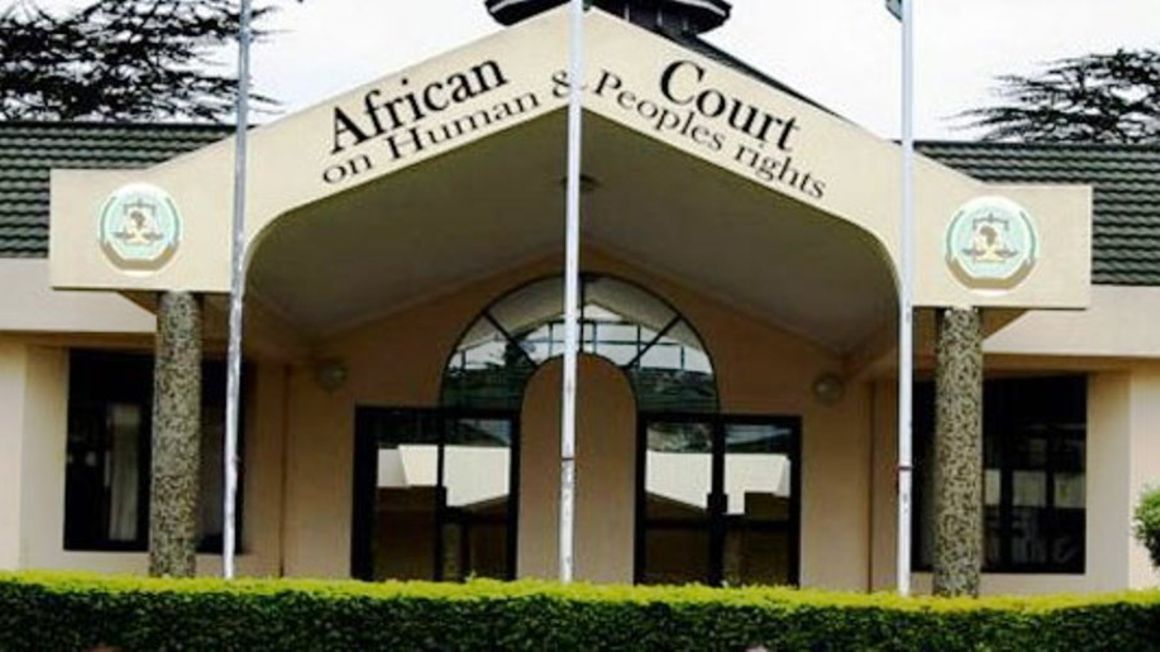 By Zephania Ubwani
By Zephania Ubwani
Arusha — A mechanism will be put in place to ensure rulings by the African Court on Human and People's Rights (AfCHPR) are duly enforced.
A draft of the proposed mechanism by the legal experts has been under preparation since last year for the next course of action.
"The protocol establishing the Court did not provide a mechanism for enforcement of the Court decisions," AfCHPR President Sylvain Ore admitted.
He regretted in an interview with The Citizen on the weekend that absence of a mechanism was "a major weakness of our rules".
However, he said efforts to have a mechanism that would ensure enforcement of the Court rulings are fast-tracked could be on the way.
This would mainly bind countries which are parties to the protocol that established AfCHPR which are essentially those which had ratified the said protocol.
"If the mechanism is accepted by the Assembly (of the African Union leaders), then we will be done," Justice Ore pointed out.
The Arusha-based African Court is a judicial organ of the AU. It was established to determine cases on violation of human and people's rights in Africa.
Records indicate only 31 countries out of 55 AU member states have todate ratified the protocol that established the Court.
Until recently, a total of 303 cases have been filed by litigants from different AU member states, approximately a half of them from Tanzania.
Justice Ore admitted in the absence of a legally binding mechanism many Court rulings could not be enforced by countries which are party to the protocol.
"It is true the rulings are not implemented because there is no mechanism of enforcement," he told this newspaper.
He added that procedures dictate that the judgments of the African Court are sent to the AU Council of Ministers.
The ministers, in turn, notify the decisions to the executives of the Assembly of the Heads of State, the supreme organ of the continental body.
Justice Ore said he was confident the AU leaders would give due consideration to the proposed mechanism so as to fast-tract enforcement of the rulings.
He added that ideally the AU Council of Ministers have to be notified of the Court decisions "which ensures execution on behalf of the Assembly".
"This is what the Court does when a decision is handed down and it entails a charge against the state concerned," he noted.
The provisions of the protocol also dictate that the Court makes a report at each ordinary session of the conference of AU summit on the status of unimplemented decisions.
"However,for the effectiveness of its mission, the Court shall, at times, invite the states concerned to submit to it a status report on the implementation of its decisions' Justice Ore explained.
In addition to the ratification of the Protocol, states have to make a Declaration required under Article 34(6) of the Protocol to allow individuals and NGOs to bring cases directly before the Court.
Without such a declaration, the Court would have no jurisdiction over cases brought by individuals and NGOs.




No comments :
Post a Comment